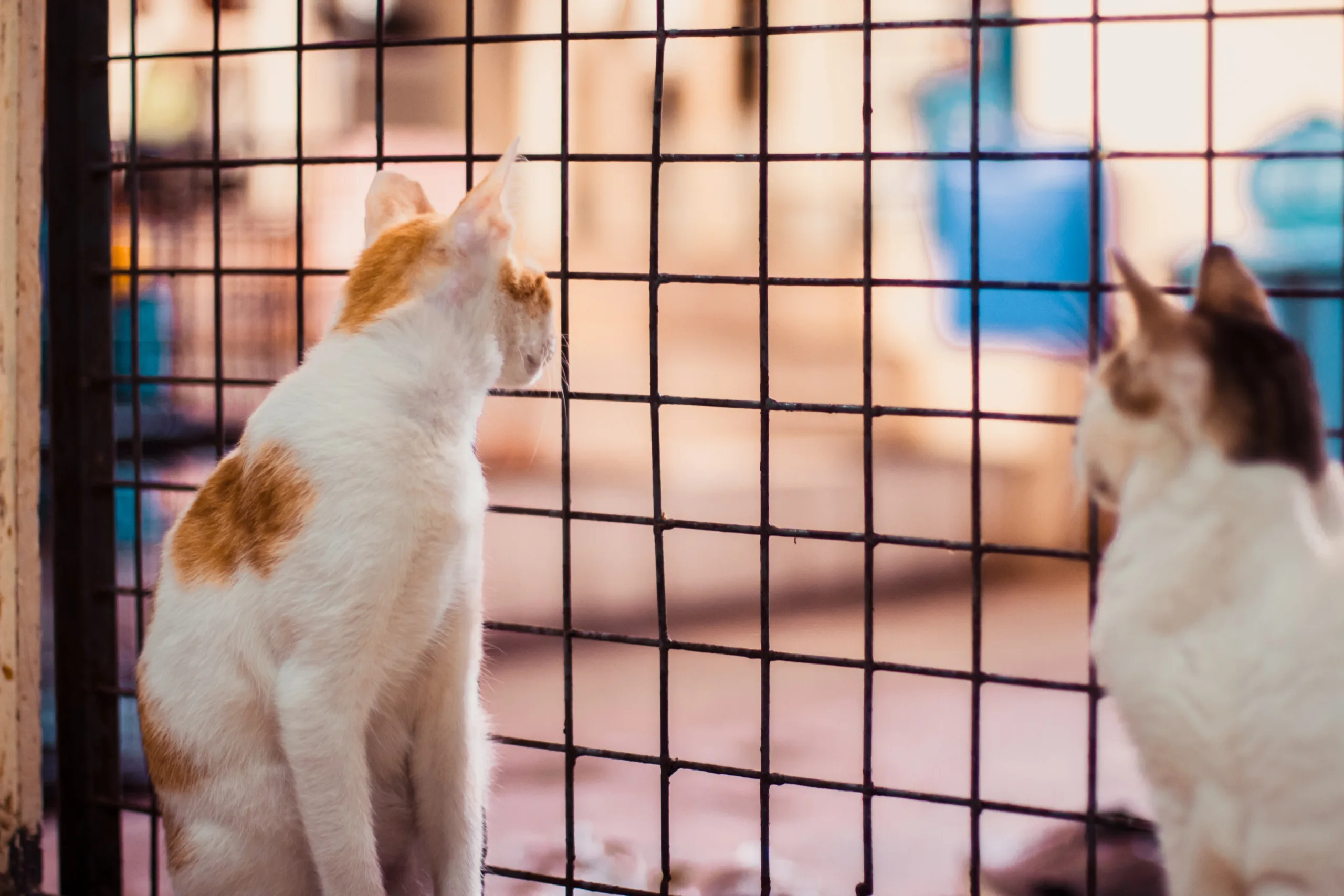How Long is Ringworm Contagious in Cats? Ringworm, a fungal infection that affects the skin, is a common concern among cat owners. Not only does it cause discomfort for our feline friends, but it also raises questions about its contagious nature. Understanding the contagiousness of ringworm in cats is crucial for preventing its spread and ensuring the well-being of both your pet and your household. In this article, we’ll dive into the intricacies of ringworm, explore its contagiousness, and provide insights into how to manage it effectively.
For more about cats click here
The Basics of Ringworm in Cats
Ringworm, despite its name, is not caused by a worm but by various species of fungi. These fungi thrive in warm, humid environments and can infect the skin, hair, and nails of cats. The infection often presents as circular, red, and itchy lesions on the skin, which might have a scaly or crusty appearance. While ringworm can be uncomfortable for cats, it can also be transmitted to humans and other animals, underscoring the importance of understanding its contagiousness.
How Long is Ringworm Contagious in Cats?
The contagious period of ringworm in cats can vary depending on several factors, including the cat’s immune system, the severity of the infection, and the effectiveness of treatment. In general, ringworm is considered contagious in cats as long as active fungal spores are present on their skin and hair. These spores can easily shed onto surfaces, objects, and other animals, leading to potential transmission.
It’s important to note that even after visible symptoms of ringworm have cleared, a cat can still be contagious. This is because the spores can persist on the skin and in the environment. Therefore, a cat should not be considered non-contagious until multiple consecutive negative fungal cultures have been obtained.
Managing Ringworm Contagiousness
To minimize the risk of ringworm transmission and manage its contagiousness, consider the following steps:
- Isolation: If you suspect your cat has ringworm, isolate them from other pets and humans. This helps prevent the spread of spores to other animals and surfaces.
- Consult a Veterinarian: If you suspect ringworm, consult a veterinarian for a proper diagnosis. They can perform tests such as fungal cultures to confirm the presence of the infection.
- Treatment: If ringworm is confirmed, your veterinarian will recommend an appropriate treatment plan. This may include topical antifungal medications, oral medications, and medicated baths.
- Environmental Cleaning: Regularly clean and disinfect your cat’s living area, as well as any surfaces or objects they come into contact with. Vacuuming and thorough cleaning can help remove spores from the environment.
- Quarantine Period: Keep your cat in isolation until multiple fungal cultures come back negative. This might take several weeks to ensure the complete elimination of spores.
FAQs: Understanding Ringworm Contagiousness in Cats
Q1: How long should I isolate my cat with ringworm?
Isolating your cat should continue until multiple consecutive negative fungal cultures have been obtained. This may take several weeks to ensure the absence of spores.
Q2: How do you know when ringworm is gone in cats?
Ringworm is considered gone in cats when multiple consecutive negative fungal cultures are obtained, indicating the absence of active spores.
Q3: Can I cuddle my cat with ringworm?
It’s advisable to avoid close contact with a cat with ringworm, especially if they are still undergoing treatment. Use caution and follow hygiene practices to minimize the risk of transmission.
Q4: How contagious is ringworm from cats?
Ringworm can be highly contagious, as fungal spores shed from the cat’s skin and hair can easily spread to other animals and surfaces.
Q5: Can I kiss my cat with ringworm?
It’s recommended to avoid kissing your cat with ringworm, as this behavior can increase the risk of transmission.
Q6: Does ringworm spread fast on cats?
Ringworm can spread relatively quickly on cats, especially in environments with high humidity and poor hygiene. Prompt diagnosis and treatment are essential to prevent its spread.
In conclusion, understanding the contagiousness of ringworm in cats is crucial for effective management and prevention. Taking proactive measures, such as isolation, proper treatment, and environmental cleaning, can help limit the spread of this fungal infection. By following these guidelines and consulting a veterinarian, you can ensure the health and well-being of your cat and your household.
Click here for more
